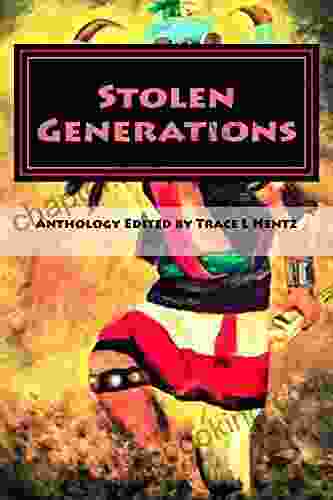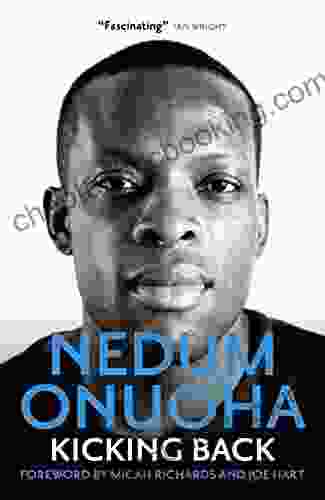Survivors of the Indian Adoption Projects and 60s Scoop: Lost Children of the Stolen Generations

The Indian Adoption Projects and 60s Scoop were two assimilation policies implemented by the Canadian government that resulted in the forced removal of thousands of Indigenous children from their homes and communities. These children were placed in non-Indigenous homes, often without their consent or knowledge. The effects of these policies have been devastating for Indigenous communities and the children who were forcibly removed. Many survivors have experienced trauma, loss, and cultural disconnection.
This article explores the experiences of survivors of the Indian Adoption Projects and 60s Scoop. It provides historical context, personal stories, and expert insights to shed light on the ongoing trauma and ongoing search for healing and reconnection for these stolen children.
The Indian Adoption Projects and 60s Scoop were part of a larger policy of assimilation of Indigenous peoples in Canada. The goal of this policy was to "civilize" Indigenous peoples and integrate them into mainstream Canadian society. This policy was based on the belief that Indigenous cultures were inferior and that Indigenous children needed to be removed from their homes in Free Download to be "saved."
4.7 out of 5
| Language | : | English |
| File size | : | 5010 KB |
| Text-to-Speech | : | Enabled |
| Screen Reader | : | Supported |
| Enhanced typesetting | : | Enabled |
| Word Wise | : | Enabled |
| Print length | : | 270 pages |
| Lending | : | Enabled |
The Indian Adoption Projects were initiated in the 1950s. These projects placed Indigenous children in non-Indigenous homes, often without the consent of their parents. The 60s Scoop was a more systematic effort to remove Indigenous children from their homes. This program began in the 1960s and lasted until the 1980s. During this time, thousands of Indigenous children were placed in non-Indigenous homes, often without their consent or knowledge.
The following are personal stories from survivors of the Indian Adoption Projects and 60s Scoop:
- Mary Two-Axe Earley was taken from her home on the Kahnawake Mohawk Territory when she was four years old. She was placed in a non-Indigenous home, where she was abused and neglected. Mary eventually ran away from her foster home and returned to Kahnawake. She has since become a vocal advocate for survivors of the Indian Adoption Projects and 60s Scoop.
- Harry Daniels was taken from his home on the Squamish Nation when he was six years old. He was placed in a non-Indigenous home, where he was subjected to racism and discrimination. Harry eventually dropped out of school and became involved in crime. He has since turned his life around and is now a successful businessman and community leader.
- Cindy Blackstock was taken from her home on the Gitxsan First Nation when she was two years old. She was placed in a non-Indigenous home, where she was raised in a loving and supportive environment. Cindy eventually went on to become a social worker and advocate for Indigenous children. She is the Executive Director of the First Nations Child and Family Caring Society of Canada.
The following are expert insights on the Indian Adoption Projects and 60s Scoop:
- Dr. Cindy Blackstock is a social worker and advocate for Indigenous children. She is the Executive Director of the First Nations Child and Family Caring Society of Canada. Dr. Blackstock has said that the Indian Adoption Projects and 60s Scoop were "aimed at destroying Indigenous families and communities."
- Dr. Marie Wilson is a lawyer and advocate for Indigenous rights. She is the former Commissioner of the Truth and Reconciliation Commission of Canada. Dr. Wilson has said that the Indian Adoption Projects and 60s Scoop were "a form of cultural genocide."
- Dr. Ian Mosby is a historian who has written extensively about the Indian Adoption Projects and 60s Scoop. Dr. Mosby has said that these policies were "motivated by racism and a desire to control Indigenous peoples."
The Indian Adoption Projects and 60s Scoop have had a lasting impact on Indigenous communities and the children who were forcibly removed. Many survivors have experienced trauma, loss, and cultural disconnection.
The trauma of being forcibly removed from one's home and community can have a profound impact on a child's development. Survivors of the Indian Adoption Projects and 60s Scoop often experience feelings of anger, grief, and shame. They may also have difficulty forming relationships and trusting others.
The loss of culture can also be a significant source of trauma for survivors. Many survivors were raised in non-Indigenous homes, where they were not exposed to their Indigenous culture. This can lead to a sense of rootlessness and disconnection.
The healing process for survivors of the Indian Adoption Projects and 60s Scoop is ongoing. Many survivors are working to reconnect with their culture and community. They are also working to challenge the racism and discrimination that they have experienced.
The Indian Adoption Projects and 60s Scoop were a dark chapter in Canadian history. These policies have had a lasting impact on Indigenous communities and the children who were forcibly removed. However, many survivors are working to heal from the trauma they have experienced. They are also working to reconnect with their culture and community. The search for healing and reconnection is ongoing, but it is a journey that many survivors are taking with courage and determination.
The Indian Adoption Projects and 60s Scoop were a devastating chapter in Canadian history. These policies resulted in the forced removal of thousands of Indigenous children from their homes and communities. The effects of these policies have been felt for generations.
However, many survivors of the Indian Adoption Projects and 60s Scoop are working to heal from the trauma they have experienced. They are also working to reconnect with their culture and community. The search for healing and reconnection is ongoing, but it is a journey that many survivors are taking with courage and determination.
4.7 out of 5
| Language | : | English |
| File size | : | 5010 KB |
| Text-to-Speech | : | Enabled |
| Screen Reader | : | Supported |
| Enhanced typesetting | : | Enabled |
| Word Wise | : | Enabled |
| Print length | : | 270 pages |
| Lending | : | Enabled |
Do you want to contribute by writing guest posts on this blog?
Please contact us and send us a resume of previous articles that you have written.
 Book
Book Novel
Novel Page
Page Chapter
Chapter Text
Text Story
Story Genre
Genre Reader
Reader Library
Library Paperback
Paperback E-book
E-book Magazine
Magazine Newspaper
Newspaper Paragraph
Paragraph Sentence
Sentence Bookmark
Bookmark Shelf
Shelf Glossary
Glossary Bibliography
Bibliography Foreword
Foreword Preface
Preface Synopsis
Synopsis Annotation
Annotation Footnote
Footnote Manuscript
Manuscript Scroll
Scroll Codex
Codex Tome
Tome Bestseller
Bestseller Classics
Classics Library card
Library card Narrative
Narrative Biography
Biography Autobiography
Autobiography Memoir
Memoir Reference
Reference Encyclopedia
Encyclopedia Taylor Warfield
Taylor Warfield Stephanie Ockerman
Stephanie Ockerman Ted Gup
Ted Gup Quirino Paris
Quirino Paris Mosby
Mosby Neel Mehta
Neel Mehta Mia Sosa
Mia Sosa Thomas Swick
Thomas Swick Nathaniel Hawthorne
Nathaniel Hawthorne Paula Disbrowe
Paula Disbrowe Nichole Williams
Nichole Williams Golden Lion Publications
Golden Lion Publications Mike Warren
Mike Warren Michele L Medlyn
Michele L Medlyn Terry Waite
Terry Waite Michael Kostroff
Michael Kostroff Michelle Cook
Michelle Cook Nancy Redd
Nancy Redd Sarah Sills
Sarah Sills Ransom Riggs
Ransom Riggs
Light bulbAdvertise smarter! Our strategic ad space ensures maximum exposure. Reserve your spot today!
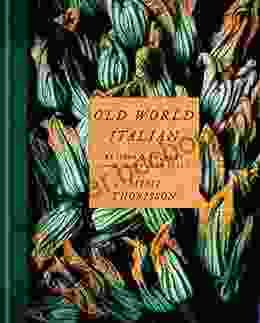
 Eugene ScottRecipes and Secrets from Our Travels in Italy: A Culinary Journey through the...
Eugene ScottRecipes and Secrets from Our Travels in Italy: A Culinary Journey through the...
 Howard BlairDiscover the Heartwarming Tale of a Stray Corgi's Adventure: Read "Story of...
Howard BlairDiscover the Heartwarming Tale of a Stray Corgi's Adventure: Read "Story of...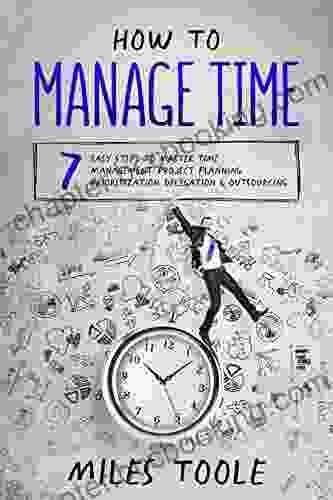
 Stephen FosterTime Management Mastery: The Ultimate Guide to Supercharge Your Productivity
Stephen FosterTime Management Mastery: The Ultimate Guide to Supercharge Your Productivity Gus HayesFollow ·17.8k
Gus HayesFollow ·17.8k Angelo WardFollow ·12.2k
Angelo WardFollow ·12.2k Demetrius CarterFollow ·5.2k
Demetrius CarterFollow ·5.2k Douglas AdamsFollow ·8.1k
Douglas AdamsFollow ·8.1k Terry PratchettFollow ·11.3k
Terry PratchettFollow ·11.3k Kenzaburō ŌeFollow ·2.1k
Kenzaburō ŌeFollow ·2.1k Shane BlairFollow ·12.8k
Shane BlairFollow ·12.8k James HayesFollow ·3.1k
James HayesFollow ·3.1k
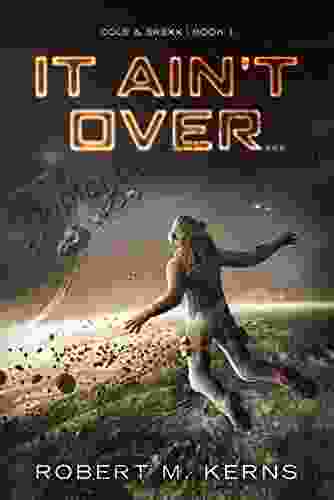
 Trevor Bell
Trevor BellUncover the Thrilling Mystery in "It Ain't Over, Cole...
Prepare yourself...
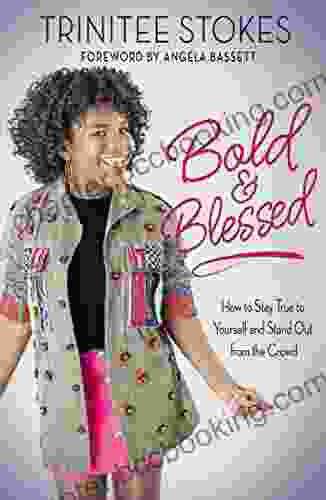
 Garrett Bell
Garrett BellHow to Stay True to Yourself and Stand Out From the Crowd
In a world that...

 Dennis Hayes
Dennis HayesDrill Instructor Strategies And Tactics For Success
Unleash Your Inner Warrior and Conquer...
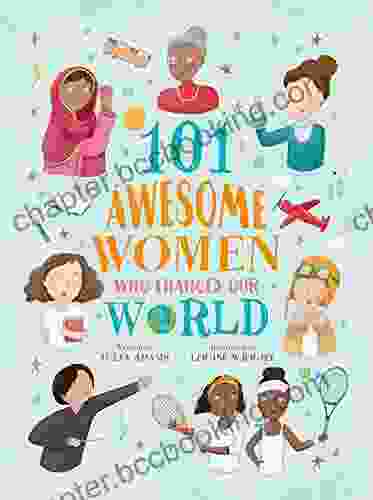
 Guy Powell
Guy Powell101 Awesome Women Who Changed Our World: A Celebration of...
Throughout history,...
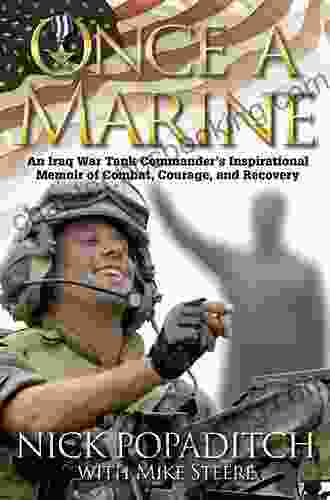
 Ashton Reed
Ashton ReedAn Iraq War Tank Commander's Inspirational Memoir of...
When he was just 19 years old, John Q....
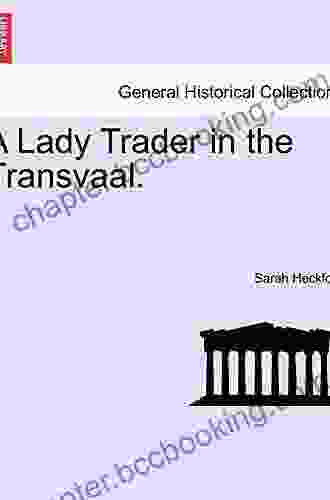
 Dean Cox
Dean CoxLady Trader in the Transvaal: A Literary Safari through a...
Prologue: A Journey into the...
4.7 out of 5
| Language | : | English |
| File size | : | 5010 KB |
| Text-to-Speech | : | Enabled |
| Screen Reader | : | Supported |
| Enhanced typesetting | : | Enabled |
| Word Wise | : | Enabled |
| Print length | : | 270 pages |
| Lending | : | Enabled |


